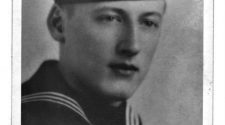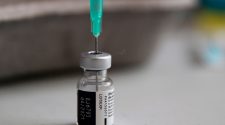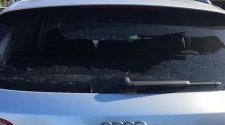SAN FRANCISCO (CBS SF) — University Of California-San Francisco researchers have begun using CRISPR gene-targeting technology to test for the presence of the coronavirus.
While the procedure has yet to receive formal approval from the Food and Drug Administration, researchers have been using it in their labs in an effort to build a case that it should receive fast-track federal approval for wide-scale use.
Developed at UCSF and Mammoth Biosciences, the new test — officially named the “SARS-CoV-2 DETECTR” — is easy to implement and to interpret and requires no specialized equipment, researchers said.
“The introduction and availability of CRISPR technology will accelerate deployment of the next generation of tests to diagnose COVID-19 infection,” said Dr. Charles Chiu, professor of laboratory medicine at UCSF and co-lead developer of the new test.
Details of the test were released in a paper published Thursday in the journal Nature Biotechnology.
The new SARS-CoV-2 DETECTR assay is among the first to use CRISPR gene-targeting technology to test for the presence of COVID-19. Since CRISPR can be modified to target any genetic sequence, the test kit’s developers “programmed” it to hone in on two target regions in the genome of the virus.
One of these sequences is common to all “SARS-like” coronaviruses, while the other is unique to COVID-19. Testing for the presence of both sequences ensures that the procedure can distinguish between COVID-19 and closely related viruses.
Much like the diagnostic kits currently in use, the new test can detect the novel coronavirus in samples obtained from respiratory swabs. However, the new test is able to provide a diagnosis much more quickly.
While the widely used tests take about four hours to produce a result from a respiratory sample, the new UCSF test takes only 45 minutes.
Another key advantage of the new test is that it can be performed in virtually any lab, using off-the-shelf reagents and common equipment.
Researchers claimed that the test is also highly sensitive. It can detect the presence of as few as 10 coronaviruses in a microliter of fluid taken from a patient — a volume many hundreds of times smaller than an average drop of water.



















